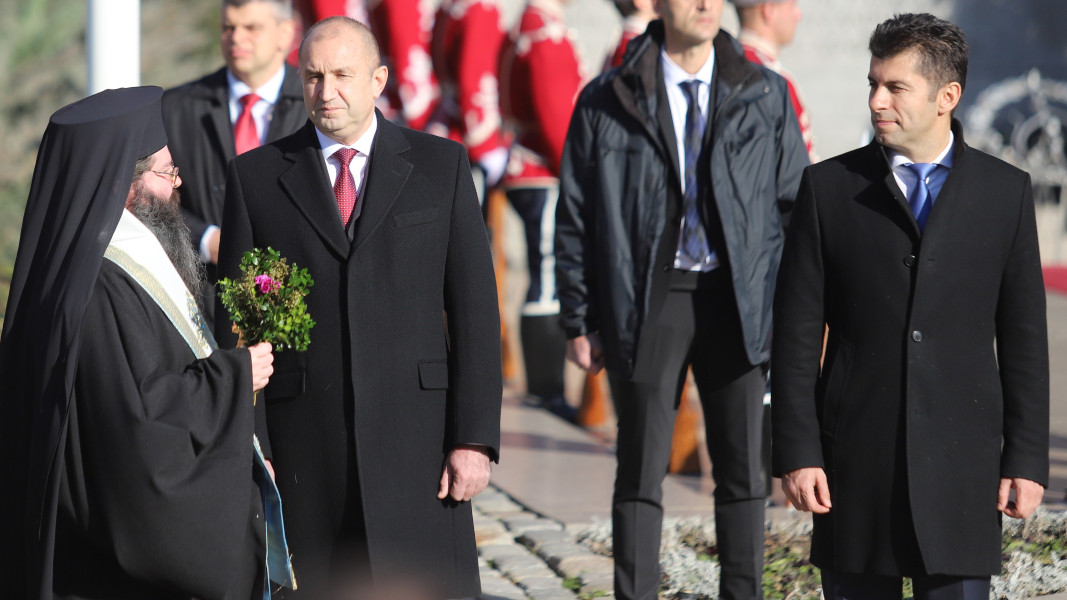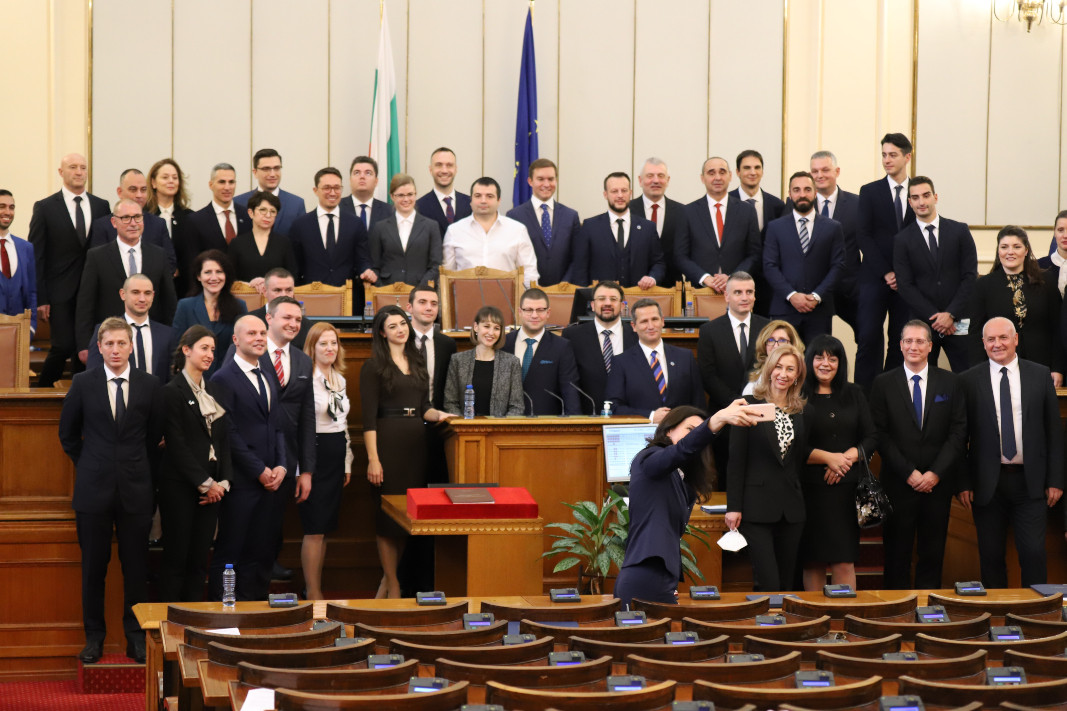2021 will be long remembered in Bulgaria for its political intensity. People in the country were called upon to exercise their right to vote three whole times – in April, in July and then in November. Members of parliament were elected to three National Assemblies, but only the last of them was able to form a cabinet. President Rumen Radev, with running mate Vice President Iliana Yotova, were re-elected for a second term of office.
Sociologists and political analysts put together a “snapshot” of the level of institutional and political trust almost two months after the start of the term of office of the ruling four-party coalition:

“Despite the certain amount of legitimacy and trust the institutions gained after the latest election in November, our data are already showing a significant amount of social tension which we can term “political winter”, comments Anastas Stefanov, political analyst from Trend agency. “The current government must address the biggest problems – the price shock, the inflation etc. This means it cannot look forward to a long “honeymoon,” Anastas Stefanov says.
He adds he hopes there won’t be any elections this year but that, as he puts it “that depends on the people in power – whether they will be able to set down a pathway for society, to provide a horizon, to offer leadership.”
President Rumen Radev is top of the list in terms of public trust. Throughout the five years of his first term of office the Bulgarian head of state remained one of the political figures in the country with the highest approval rating, and it is from this high point that he began his second term in January. 58.5% of Bulgarians state they approve of Rumen Radev, and 32.1% do not, which makes the Bulgarian president the politician with the highest approval rating in the country – 26.4%. Trust in Prime Minister Kiril Petkov and in some of the cabinet ministers, has also been growing, a Gallup International survey shows:

“When a new administration takes office it invariably enjoys a high level of trust and that is connected with the expectations people have of it,” explains sociologist Yanitsa Petkova. “In the first month of the new government, 44.9% of Bulgarians say they trust it, and 39% do not. What makes things different this time is that for the first time in decades, approval is higher than disapproval.”
Yet, despite the high level of support, the government is at a disadvantage, as it faces social and the economic challenges resulting from the soaring prices of goods and services, as well as the pandemic.

Another problem for this government is the lack of political vision as to what it is going to do once it has tackled the current crises.
“The zero corruption mantras and the need for change seem to be running dry,” political analyst Hristo Panchugov says. “We have been rolling from scandal to scandal. The government seems to be running behind what has been happening instead of predicting and managing events. It is time we saw a clear agenda and a narrative of real policies.”

The fact that they have no experience, and that many MPs have never been engaged in any political or public causes, makes for surprises and for an inadequate appraisal of certain situations, and that leads to mistakes, Hristo Panchugov says. And even though the 47th National Assembly started work with a slight increase in trust, we shall only see a detailed evaluation of the actions by the politicians in several months’ time, when we have seen how they address concrete challenges.
Interviews by Elena Punevska and Luchezar Hristov, Radio Sofia, BNR
Editing by Yoan Kolev
Photos: BGNESStudent protesters in Serbia call for a general strike Student protests against the government and President Aleksandar Vucic continue in Serbia for the fourth month. In an appeal on Instagram, the protesters called on..
Life between Bulgaria and France... A little more than 80 years ago, in 1942, a boy was born in Sofia - the love child of a Bulgarian woman and a Frenchman. His parents met in France, but they decided to start a life in Bulgaria, so the couple settled in..
Calin Georgescu to run for President of Romania Romanian police seized weapons and large sums of money in the investigation against pro-Russian former presidential candidate Calin Georgescu. 25 kg of gold, more than 3.3 million dollars, 43 000..

+359 2 9336 661
